How Automation Can Improve Quality of Life for Employees


Artificial intelligence (AI) is rapidly transforming the workplace, introducing new possibilities and challenges. One of the most significant implications of AI is its potential to enhance work-life balance for employees. By automating routine tasks and augmenting human capabilities, AI can create a more efficient and fulfilling work environment.
How AI can enhance employees’ intelligence and skills
AI can serve as a powerful tool for enhancing employees’ intelligence and skills. By providing access to vast amounts of information and analysis, AI can help employees make informed decisions, solve complex problems, and develop new competencies. For example, AI-powered tools can be used for personalized learning, providing employees with tailored training and development opportunities.
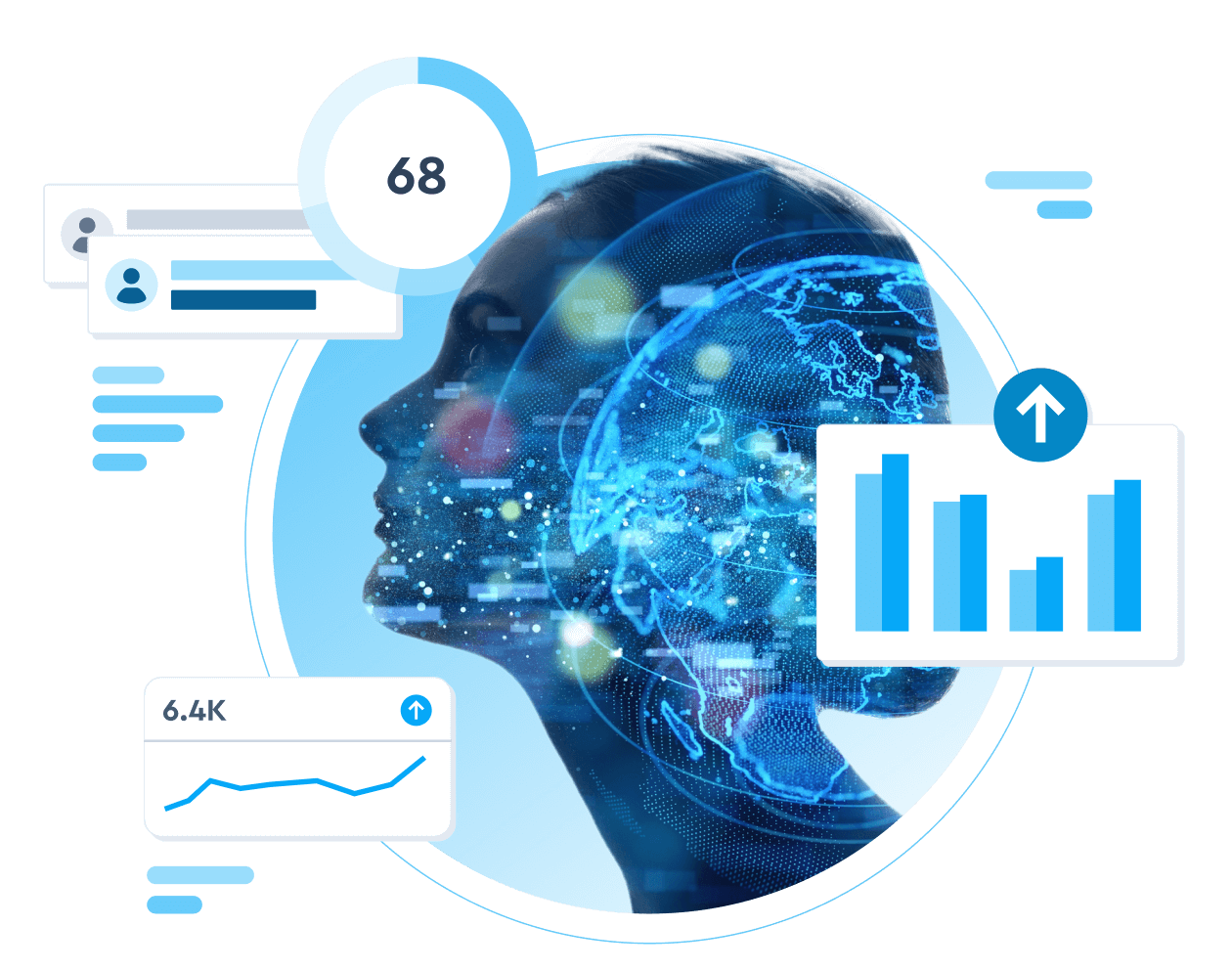

How AI can enhance employees’ intelligence and skills
AI can serve as a powerful tool for enhancing employees’ intelligence and skills. By providing access to vast amounts of information and analysis, AI can help employees make informed decisions, solve complex problems, and develop new competencies. For example, AI-powered tools can be used for personalized learning, providing employees with tailored training and development opportunities.
The potential for AI to create new job opportunities
As AI automates certain tasks, it can also create new job opportunities. For instance, the development and maintenance of AI systems will require skilled professionals in fields such as data science, machine learning, and software engineering. Additionally, AI can enable the creation of entirely new industries and business models, leading to the emergence of innovative job roles.

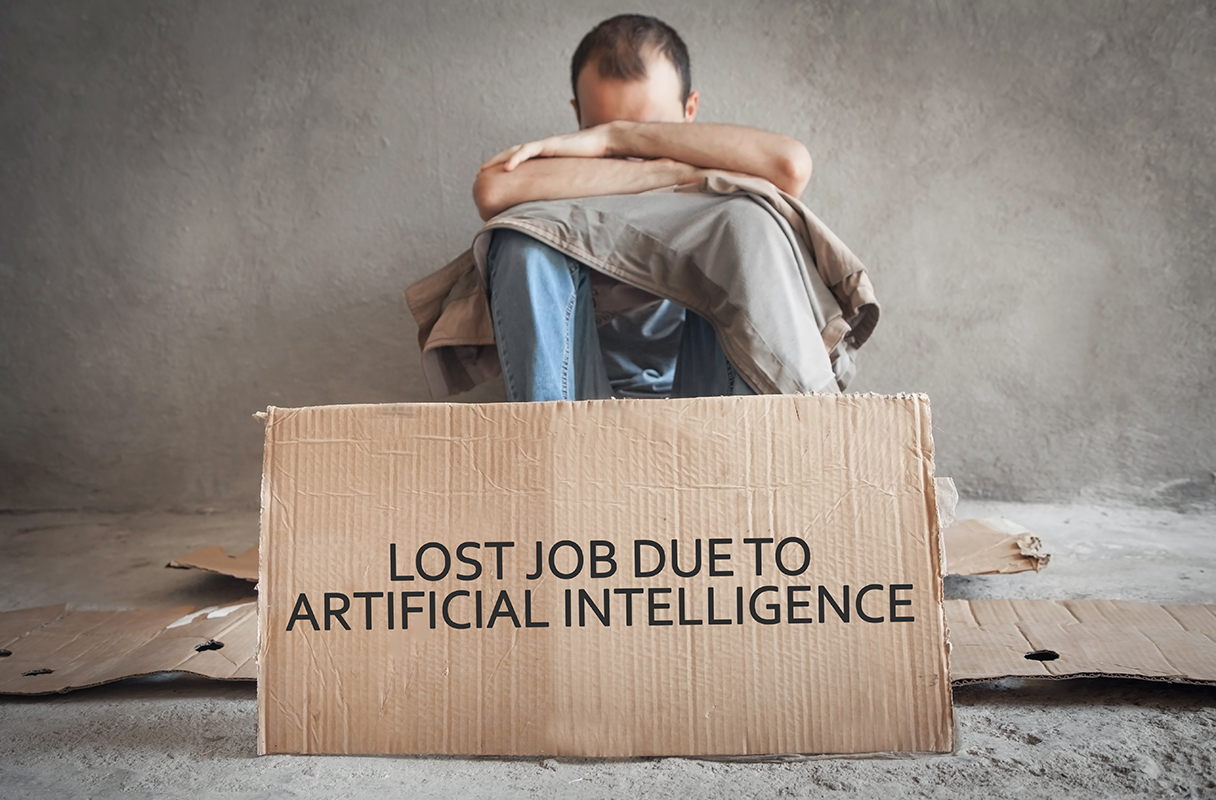
The possibility of job displacement due to AI
While AI has the potential to create new jobs, it also raises concerns about job displacement. As AI becomes more advanced, it may be able to perform tasks that were previously carried out by human workers. However, it is important to note that the impact of AI on employment is likely to vary across industries and job roles.
The impact of AI on productivity and specialization in job roles
AI can significantly improve productivity by automating repetitive and time-consuming tasks. This can free up employees to focus on more strategic and creative work. Additionally, AI can enable greater specialization in job roles, as employees can concentrate on tasks that require their unique skills and expertise.
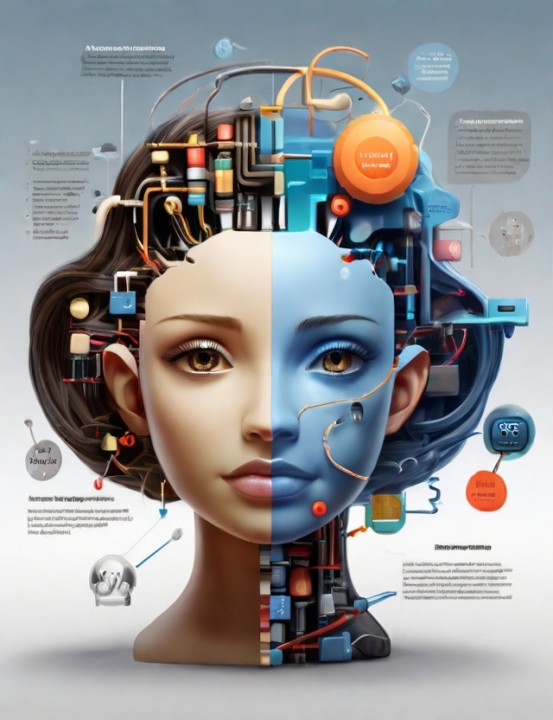

The importance of upskilling and training for employees in the age of AI
To thrive in the age of AI, employees will need to develop new skills and competencies. This includes upskilling in areas such as data analysis, problem-solving, and critical thinking. Organizations must invest in training and development programs to equip their employees with the skills they need to succeed in the AI-driven workplace.
The role of automation in the workplace and its relationship with AI
Automation is a key component of the AI revolution. By automating routine tasks, automation can free up employees to focus on more complex and strategic work. However, it is important to note that automation and AI are not synonymous. While automation can be achieved through various technologies, AI involves the use of intelligent systems that can learn and adapt.
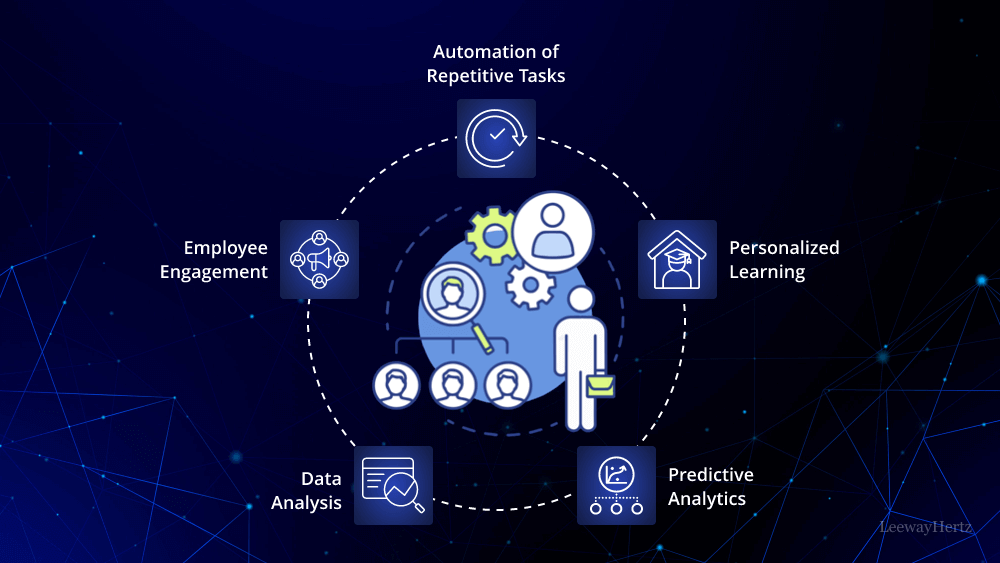
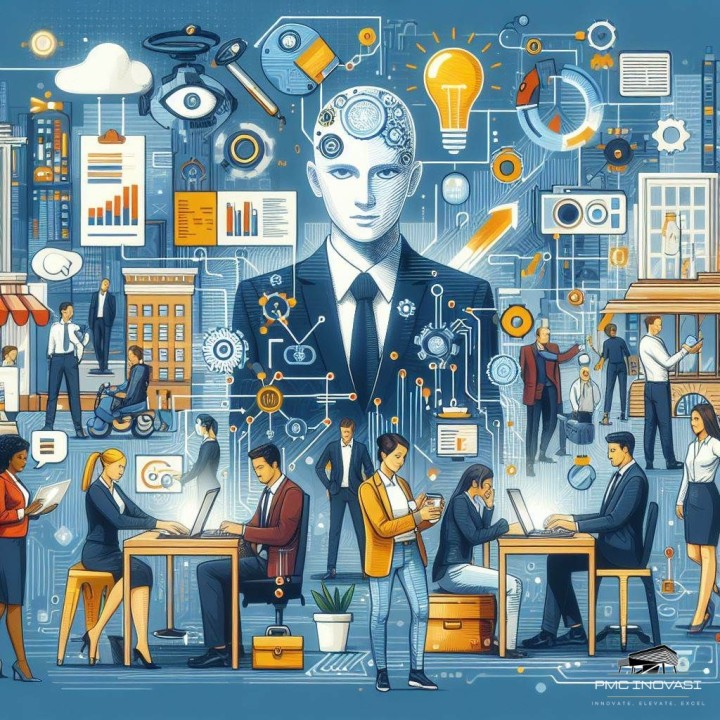
The benefits of incorporating AI into the workplace, including increased effectiveness and efficiency
The incorporation of AI into the workplace can offer numerous benefits, including:
- Increased effectiveness: AI can help organizations achieve their goals more effectively by automating tasks, improving decision-making, and enhancing productivity.
- Improved efficiency: By streamlining processes and reducing errors, AI can help organizations operate more efficiently.
- Enhanced customer experience: AI can be used to personalize customer interactions and provide better service.
- Improved employee satisfaction: By automating routine tasks and providing employees with opportunities for growth and development, AI can contribute to increased employee satisfaction.
The potential negative effects of AI on employee well-being and sense of meaning in their work.
While AI offers many benefits, it is also important to consider the potential negative effects on employee well-being and sense of meaning in their work. For example, excessive automation can lead to job insecurity and a sense of detachment from one’s work. Additionally, the reliance on AI can reduce opportunities for human interaction and creativity.

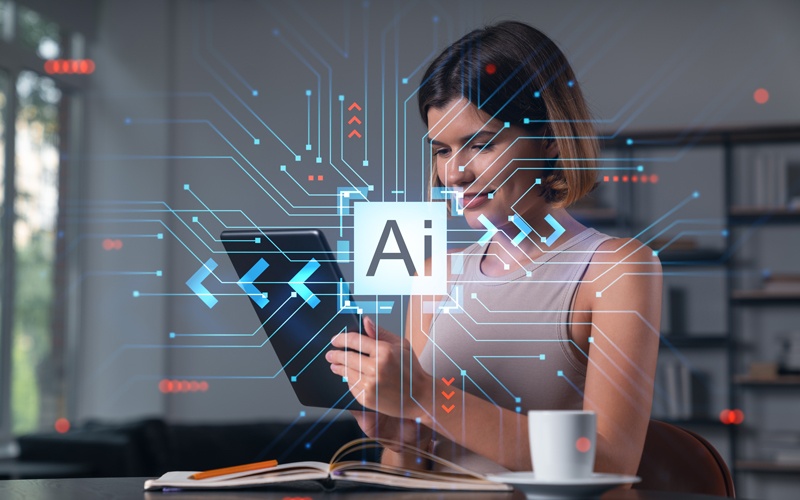
Wrapping Up
AI has the potential to significantly impact the workplace, both positively and negatively. By carefully considering the benefits and drawbacks of AI, organizations can harness its power to improve work-life balance for employees and create a more fulfilling and productive work environment.
The Future of Work: AI and Human Collaboration
The future of work will likely be characterized by a growing collaboration between AI and humans. As AI becomes more sophisticated, it will be able to handle a wider range of tasks, freeing up human workers to focus on more complex and creative endeavors. This shift will require organizations to invest in upskilling and reskilling programs to ensure that their employees are equipped with the skills they need to thrive in the AI-driven workplace.
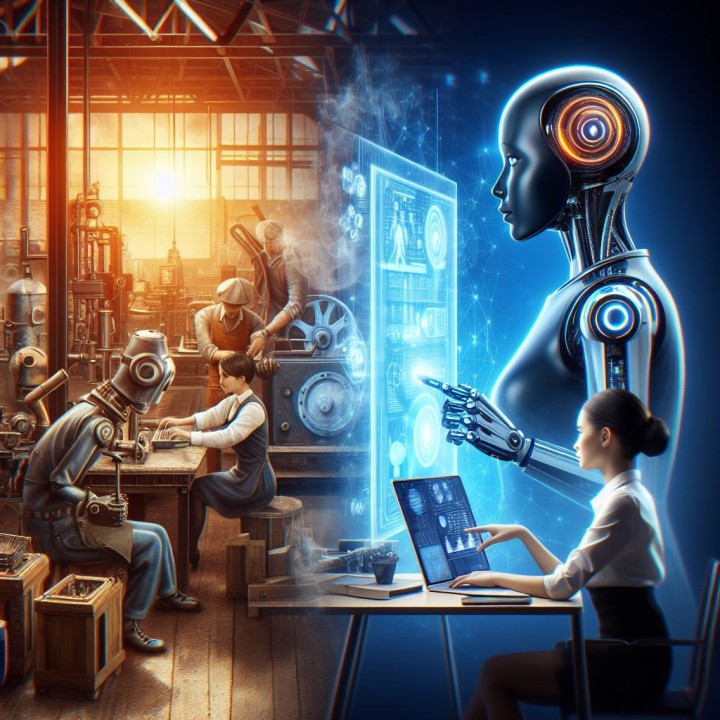
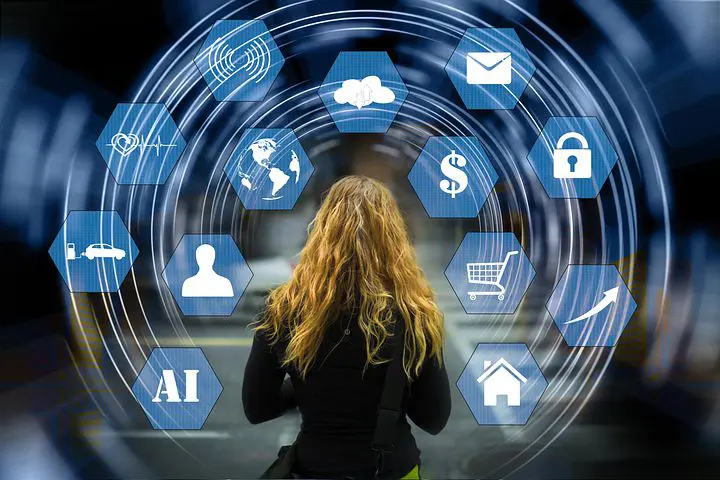
The Role of Human-AI Collaboration
Human-AI collaboration can be particularly effective in areas where AI can augment human capabilities, such as:
- Decision-making: AI can provide data-driven insights and recommendations to support human decision-making.
- Creativity: AI can be used to generate new ideas and inspire creativity.
- Customer service: AI can handle routine customer inquiries and provide personalized support.
By working together, humans and AI can achieve greater efficiency, productivity, and innovation.
Ethical Considerations
As AI becomes more integrated into the workplace, it is essential to consider the ethical implications of its use. Organizations must ensure that AI is developed and deployed in a way that is fair, transparent, and accountable. Additionally, it is important to address concerns about job displacement and the potential for AI to exacerbate existing inequalities.
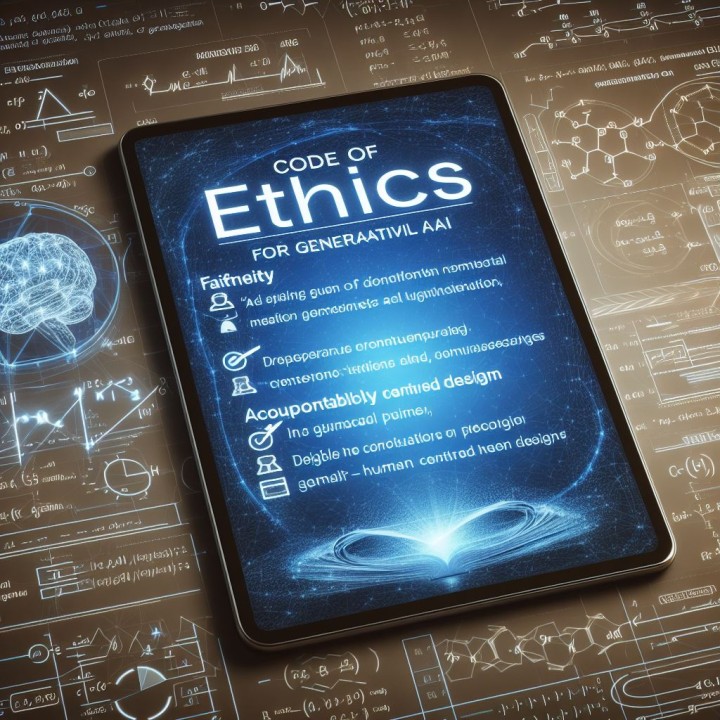

Conclusion
The future of work will be shaped by the interplay between AI and humans. By embracing AI as a tool for enhancing human capabilities and addressing the ethical challenges associated with its use, organizations can create a more productive, efficient, and fulfilling workplace for their employees.
For a more comprehensive approach, consider solutions offered by companies like Talent Development LMS (https://talentdevelopments.com). Their expertise in AI-powered training programs can empower your organization to build a skilled and adaptable workforce, ready to tackle any challenge and propel your company to new heights.
Click here and book a free Demo LMS for Business and LMS for Corporate to boost your organization with an effective LMS for education for all. This approach emphasizes the importance of preparing your workforce for the changing landscape of work, and Talent Development LMS positions itself as a valuable resource to achieve this goal.

